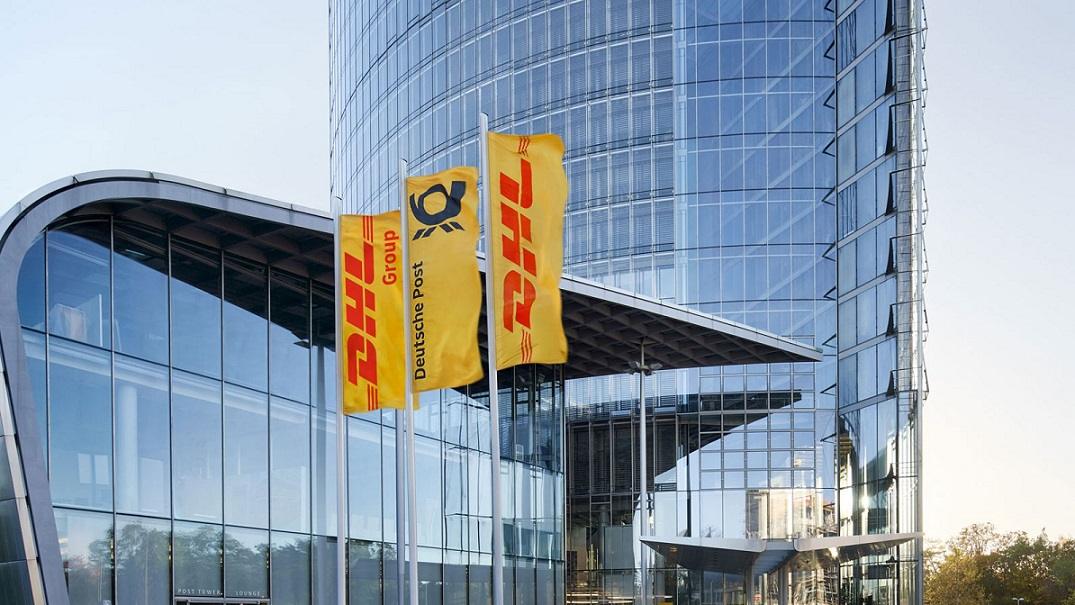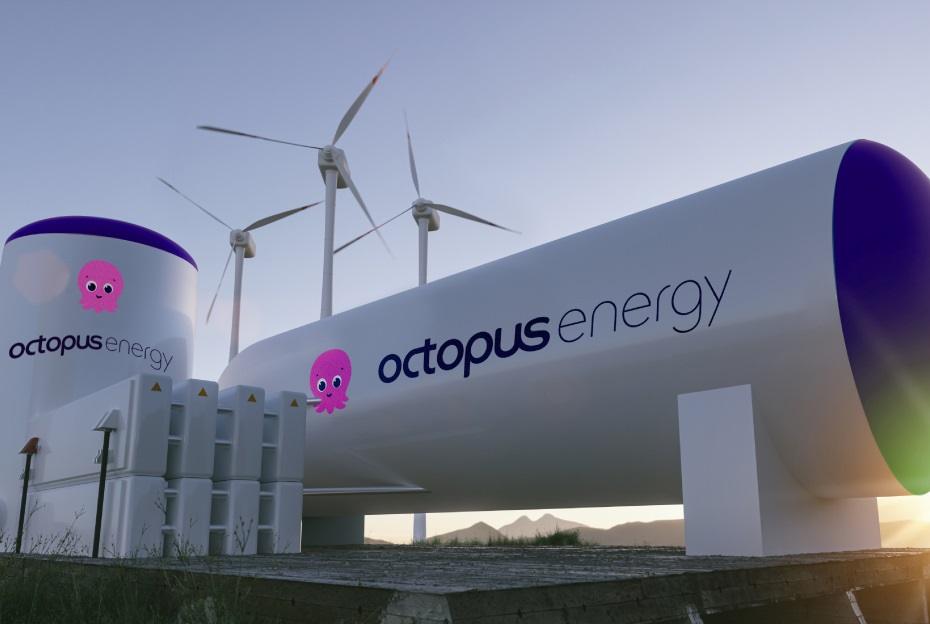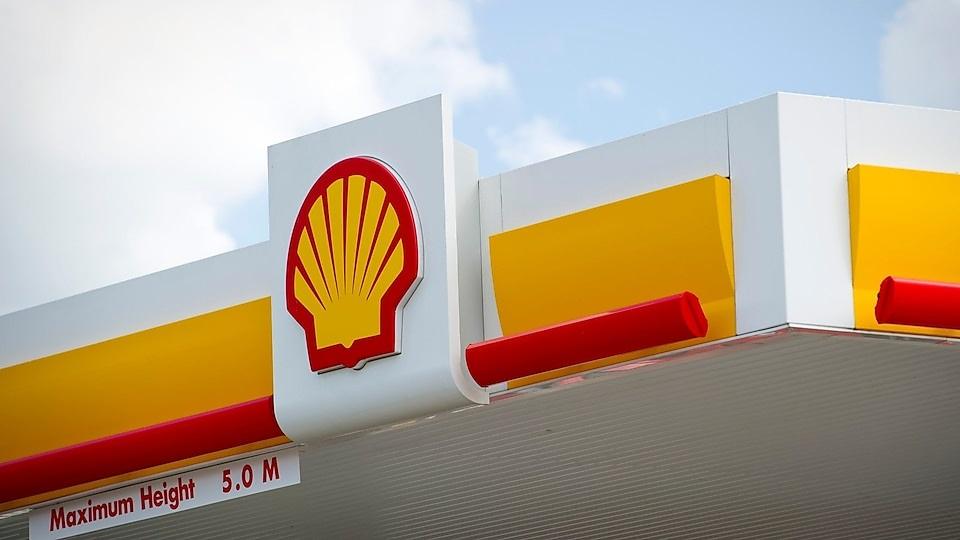Deutsche Post Ties Debt Cost to Emissions Goals for €500 Million Bond Offering
Logistics giant DHL Group’s mail and parcel delivery business Deutsche Post, announced the completion of its inaugural sustainability-linked bond offering, raising €500 million, with interest rates on the ten-year bond tied to the company’s CO2 emissions reduction targets.
The bond offering follows the publication in November 2022 by DHL of the group’s new Sustainability-Linked Finance Framework, outlining the Key Performance Indicators (KPIs) and Sustainability Performance Targets (SPTs) to be used in sustainability-linked issuances, and trigger events that cause a step-up in debt cost.
Sustainability-linked bonds issued under the new framework would have coupon payments tied to the company’s performance against its emissions reduction goals, specifically its commitments to reduce absolute Scopes 1 and 2 emissions by 42%, and to absolute Scope 3 emissions s from fuel- and energy-related activities, upstream transportation and distribution and business travel 25% by 2030, from a 2021 base year.
According to DHL, if the emissions reduction targets aren’t met, the interest rate on the new bonds will increase by 0.25% per year from 2031 until the bond matures.
Melanie Kreis, CFO of Deutsche Post AG, said:
“I am delighted that Deutsche Post AG successfully placed its first sustainability-linked bond today. The transaction underpins our strong commitment to the green transformation of our Group and to the ambitious CO2 emissions reduction targets that we have set ourselves.”
Sustainability-linked debt has been one of the fastest growing areas of sustainable finance, with attributes including interest payments tied to an issuer’s achievement of specific sustainability targets. Corporate interest in sustainability-linked loans has grown rapidly, as the financing provides flexibility to use proceeds for general corporate purposes, while with instruments such as green bonds, raised funds can only be allocated to specific categories of green projects.
Following an extended period of rapid growth, however, SLB issuance slowed sharply in late 2022, with Moody’s Investors Service citing factors such as growing market scrutiny on the credibility and robustness of issuers’ SLB targets, and the sector’s exposure to high-yield issuance.






